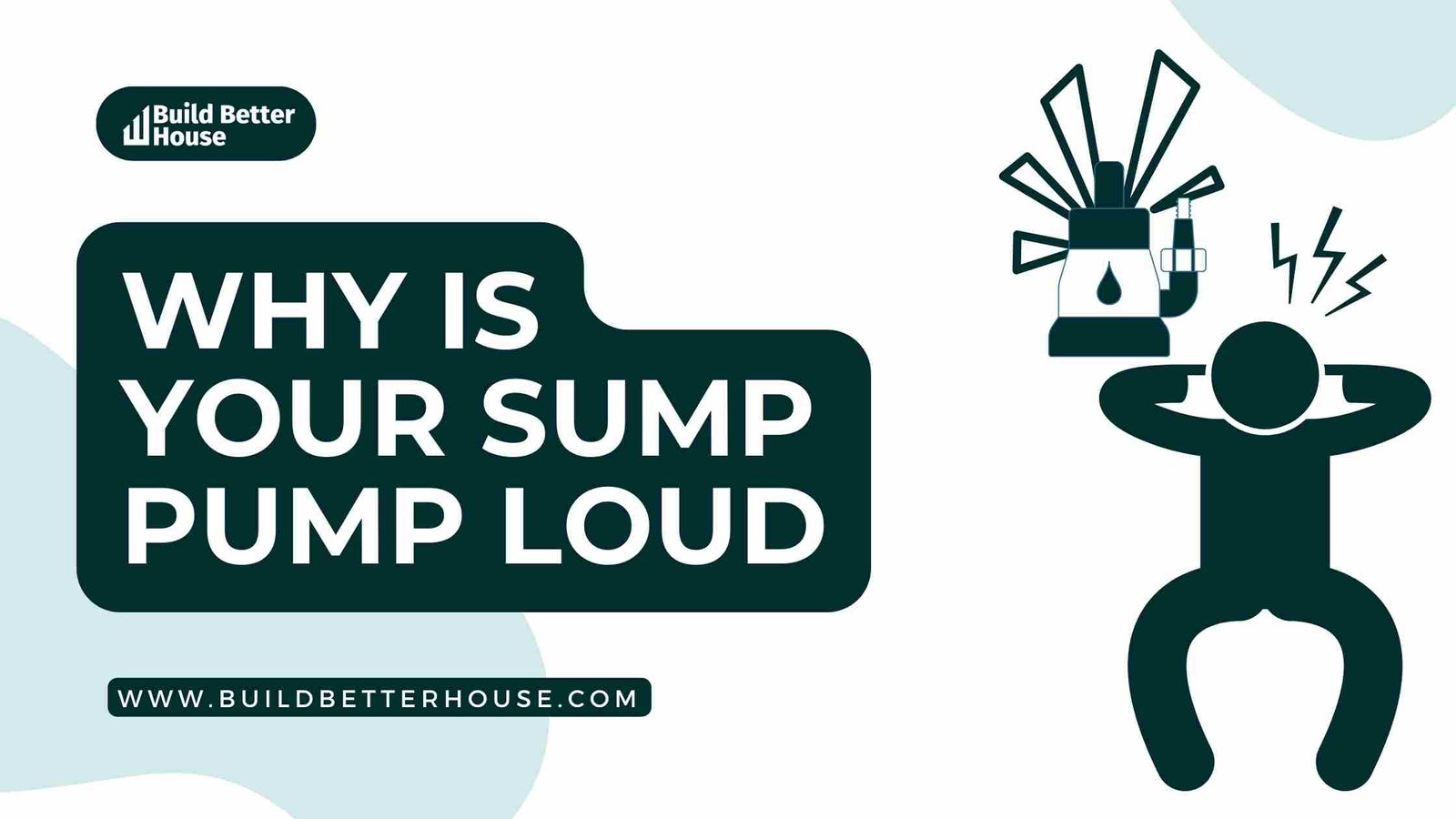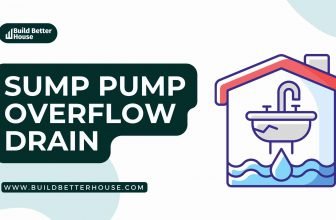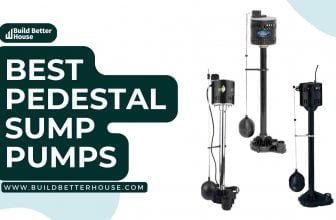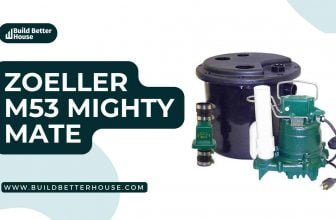Why Your Sump Pump is Loud And How to Fix It?

Are you wondering why your sump pump is loud? These noises mean it’s time to get it repaired or replaced.
Homeowners should always recognize sump pump noises. Ignoring any sound harms the pump and the items in your basement.
If you don’t remember the noises a sump pump makes, you might flood your house the next time a storm passes through your area. Although sump pumps make noises, the volume and frequency are not constant.
This article will help you distinguish which noises are standard and which should prompt you to contact local technicians for estimates. If you identify which sounds are strange, it is possible to save money and time by repairing your sump pump yourself.
Let’s get started with why my sump pump is loud.
The Types And Causes Of Sump Pump Noises And How To Fix Them
There are several kinds of sump pump noises, and they all have different meanings. There are also some sump pump repair tips that homeowners can use to address these noises. We’ll discuss those here.
1. Normal Sump Pump Noises
Here are some normal noises that your sump pump makes. If your sump pump is loud due to these types of noises, you should not worry. However, you can try to fix these noises by following the instructions below.
Water Hammering Noise
Water hammering noises are the most common reason your sump pump is loud.
If you want complete quiet in your basement and everywhere else in your house, you may be in for a rude awakening if you have a working sump pump.
Air is compressed to move water through a sump pump, which makes noise. It’s common if your sump pump creates a loud hammering noise. An older sump pump will make more noise than a newer one.
If ‘silence is golden’ is your motto, buy a sump pump with less noise. However, you will only be able to eliminate some noise.
Low Humming Noises
Another reason why your sump pump is loud can be low humming noises. It is typical for sump pumps to emit low humming sounds, but if the pump emits an unusual noise or fails to pump water, you should look into it.
First, make sure there is no blockage in the vent tube and clear it if necessary. If this does not solve the issue, you may have a stuck check valve. Make sure the ‘discharge’ valve is turned on.
If it’s cold enough outside, check for frozen discharge pipes, which you can (carefully) heat with a space heater to melt any ice.
If your sump pump is loud even after taking the above measure, it is the impeller responsible for it.
An impeller (a fan-like component) is responsible for sucking water into the pump. An impeller may need internal cleaning, but we recommend calling a professional team.
Professionals can detect broken impeller blades. They can also add a filter or replace a clogged filter if needed. Once you have repaired your pump, it will run reliably again.
2. Noises that require expert help
Sump pumps can also create noises that are anything but ordinary. If your sump pump is loud and you hear any of these noises from the basement, switch it off and call an expert immediately.
Grinding Sump Pump Noise
An immediate call to professional services is necessary if your sump pump is grinding. The malfunction is frequently due to a defective impeller (shown in the above image).
It may seem disastrous, but a jammed impeller is simple to diagnose. You may not require an impeller replacement if you catch why your sump pump is loud early.
Your basement will stay dry and comfortable if the professionals diagnose the issue, clear it, or recommend repairs.
Banging Sump Pump Noise
Hard-working sump pumps may create a banging sound if the discharge pipes (shown in the image above) are not secured. You may connect lines in place using wire (12-gauge is best).
An additional bracket might solve the issue if you can locate the noise source. An expert team can handle this repair for you and check the pump for proper operation, ensuring there are no internal problems with the equipment.
Testing and maintenance are critical for keeping your pump working correctly and in good condition.
Annual testing and maintenance by a professional sump pump technician will keep your pump operating correctly if your sump pump is loud.
Gurgling / Slurping Sump Pump Noise
If your sump pump is gurgling, you may replace the check valve on the discharge line with a silent, spring-loaded one. You may also adjust your pump’s basin automatic turnoff level.
You may seek expert sump pump assistance at any point in this process.
If you don’t already have one, a battery backup for your sump pump might be a good idea.
Clanging Sump Pump Noise
Vibration may cause a sump pump to rattle loudly. You should insulate the pipes to decrease the sump pump clang.
You may also silence a sump pump lid that bangs and clangs by placing rubber grommets under it. If your sump pump is loud even after taking the above measure, it is the discharge pipe responsible for it.
You might have to realign the discharge pipe to eliminate the pump noise. Your previous plumber might have created too many 90-degree angles during sump pump installation, which impeded the sump pump’s operation.
A team of experts may modify and construct a straighter pathway for the water to flow to make your pump quieter and more efficient if your sump pump is loud.
Sump Pump Motor Noise
The material of your sump pump motor is causing the noise. An old and noisy motor might be why your sump pump is loud.
If your pump has plastic or PVC material, it’s probably old. If you notice the noise, you can quickly cut it down by replacing it with a quieter one.
Submersible and pedestal pumps are available. Submersible pumps are more peaceful because the motor is submerged under a lid or cap.
Because the pump on pedestal pumps is typically mounted about 24 inches above the floor, the noisiest unit is usually located in the main space, resulting in louder operation.
Install a submersible pump if your sump pump is loud due to motor issues.
Wrapping Up
If you’re concerned about why your sump pump is loud, try to find out which sound it is making and follow the instructions mentioned above to fix it before it causes any severe issues.
It’s best to have a professional examine your sump pump, no matter how much noise it makes. Sump pumps require regular maintenance. Like any other device with moving parts, sump pumps are vulnerable to wear and tear and disregard.
Your maintenance specialist will operate the backup pump (if you have one) to ensure its proper operation, test the pump’s discharge, check the valve, and adjust the float.






